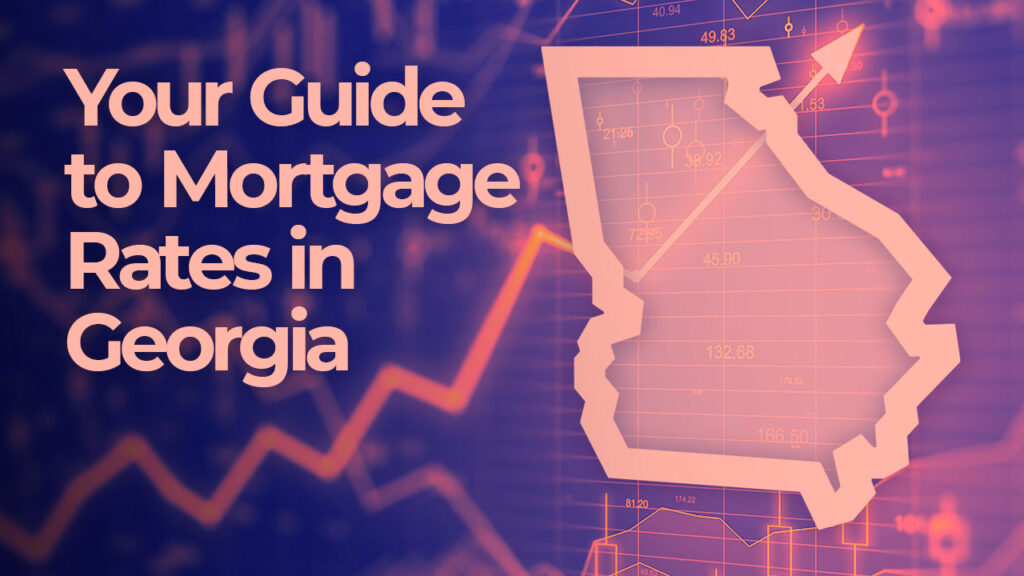Starting and running a small business is rarely a walk in the park. Many entrepreneurs find themselves needing extra capital to fuel growth, overcome unexpected challenges, or simply manage cash flow more effectively. One common avenue explored is the personal loan. But is a personal loan truly the right financial move for your company?
Understanding Personal Loans
Personal loans are unsecured or secured loans obtained by individuals for various purposes. Unlike business loans, they aren’t specifically designed for business expenses and often come with different terms and conditions. 
Advantages of Using a Personal Loan for Your Business
Sometimes, a personal loan can offer a quicker and simpler application process than securing a traditional business loan, especially for startups or those with limited credit history. It can also provide a faster access to funds.
Disadvantages of Using a Personal Loan for Your Business
However, using a personal loan for business purposes carries risks. Your personal credit score is directly impacted, and you are personally liable for the debt, even if the business fails. Learn more about credit scores.
Interest Rates and Repayment Terms
Interest rates on personal loans can vary significantly based on creditworthiness and the lender. It’s crucial to compare offers and understand the total cost of borrowing before committing. Check out interest rate comparison websites.
Impact on Your Personal Finances
Taking out a personal loan impacts your personal financial health. Ensure you maintain a budget to handle monthly repayments without jeopardizing your personal financial stability. 
Alternatives to Personal Loans
Before opting for a personal loan, explore alternatives such as small business loans (SBA loans), lines of credit, or crowdfunding. Each option presents unique benefits and drawbacks. Compare financing options.
Assessing Your Business Needs
Clearly define your business needs and how the loan will be utilized. A well-defined business plan is essential for any funding application, including a personal loan.
Credit Score and Eligibility
Your personal credit score significantly affects loan approval and interest rates. A higher credit score increases the chances of securing favorable terms. Improve your credit score.
Loan Amount and Repayment Plan
Determine the appropriate loan amount required to meet your needs and create a realistic repayment plan that aligns with your cash flow projections.
Collateral and Security
Some personal loans may require collateral, which can be a personal asset or property. Understand the implications before pledging any assets. 
Legal and Tax Implications
Consult with a financial advisor or accountant to understand the legal and tax implications of using a personal loan for your business. This will help you avoid future complications.
Building a Strong Business Case
A compelling business case demonstrates the loan’s purpose and expected return on investment. It significantly increases the chances of loan approval.
Understanding Lender Requirements
Thoroughly research lender requirements and ensure your application meets all criteria. Different lenders have different criteria and eligibility terms.
Managing Debt Responsibly
Develop a robust financial management system to track expenses, manage income, and ensure timely loan repayments.
Seeking Professional Advice
Consult with a financial advisor or business consultant to discuss your specific circumstances and receive personalized guidance. Find a financial advisor.
Long-Term Financial Planning
Incorporate the loan repayment into your long-term financial plan. Failure to plan for repayments can lead to financial difficulties.
Monitoring Your Finances
Regularly monitor your financial health to ensure you’re on track to meet repayment deadlines. Early detection of any potential problems enables proactive solutions.
Conclusion
Deciding whether a personal loan is the right choice for your small business requires careful consideration of various factors. Weigh the advantages and disadvantages, explore alternatives, and seek professional guidance to make an informed decision. Remember, responsible financial management is crucial for long-term success.
Frequently Asked Questions
What happens if my business fails and I can’t repay the personal loan? Your personal assets could be at risk, leading to potential legal action by the lender.
Can I deduct personal loan interest on my business taxes? Generally, no. Interest on personal loans is not typically tax-deductible for business purposes. Consult a tax professional for personalized advice.
What are the typical interest rates for personal loans? Interest rates vary widely based on factors such as credit score, loan amount, and lender. Use an online calculator to estimate your rates.
Are there any fees associated with personal loans? Yes, some lenders charge origination fees, prepayment penalties, or other processing fees. Carefully review the terms and conditions before signing the loan agreement.
How long does it typically take to get approved for a personal loan? The approval process can vary but typically ranges from a few days to a few weeks, depending on the lender and the complexity of the application.


